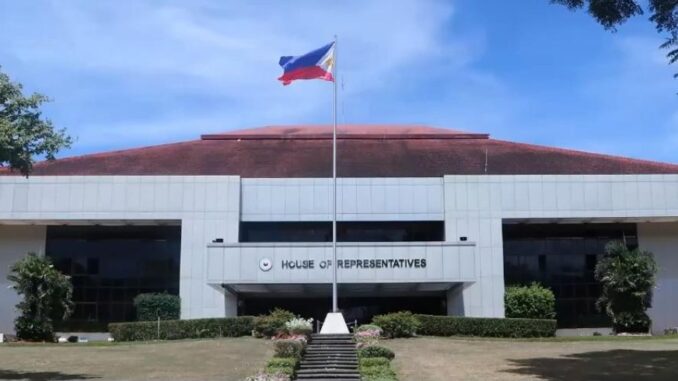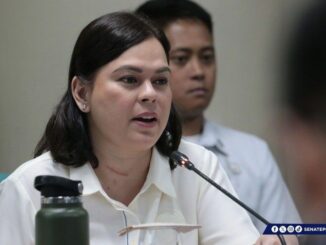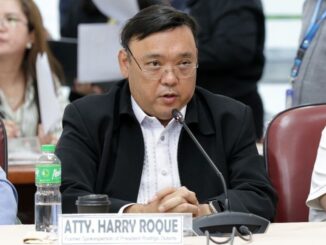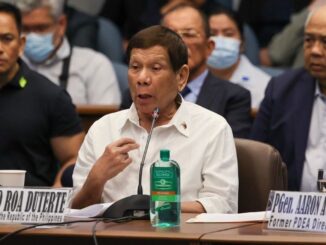
House members on Wednesday filed measures requiring disclosure of audit findings on confidential fund once flagged by state auditors as well as bills limiting the allocation and disbursement of confidential and intelligence funds (CIF).
House good government and public accountability panel members led by its chairperson and Manila Rep. Joel Chua filed these measures under House Bill 11192 or the Confidential and Intelligence Funds Utilization and Accountability bill and House Bill 11193 or the Special Disbursing Officers Accountability bill.
The filing of the measures came following the inquiry on the disbursement of P612 million worth of confidential funds by the Office of the Vice President and the Department of Education (DepEd) during the Vice President Sara Duterte’s term as Education Secretary.
House Bill 11192 provides that the confidential fund loses its confidentiality status and will be declassified immediately once the Commission on Audit (COA) issues a notice of disallowance on the use of confidential funds.
Likewise, House Bill 11192 provides that in the event that the COA issues an ND, “all the information and documents related thereto will be subject to inquiries and investigations, with documents and related information to be made public, without need of compulsory processes.”
An ND means that the expenditure is “either irregular, unnecessary, excessive, extravagant, or unconscionable.”
The same House panel inquiry revealed that the COA issued ND on P73 million confidential fund spending of the OVP in 2022, and that the OVP and DepEd under the Vice President’s leadership submitted faulty acknowledgement receipts to liquidate confidential funds.
Limits
In addition, House Bill 11192 mandates that the confidential and intelligence fund (CIF) will only be allocated to agencies with mandates related to national security, peace and order, and intelligence gathering.
Further, the same measure limits the total allocation for confidential funds for any agency, considering the population serviced, should not exceed 10% of the total annual budget of the agency, unless otherwise explicitly authorized by law.
“The spirit of granting confidential funds for confidential expenses was for peace and order programs and public safety. This was not how the confidential funds were used by the civilian agencies as seen in the inquiries of the House Committee on Good Government and Public Accountability,” the explanatory note on the bill read.
“It is high time that stricter requirements and guidelines be issued in the utilization of confidential funds for confidential expenses. While the necessity of confidential funds for national security is recognized, it must be balanced with the duty of the government to safeguard utilization of public funds and introduce much needed statutory changes,” it added.
Disbursing officers
House Bill 1193, on the other hand, provides that CIF Special Disbursing Officers (SDO) designated as by the head of agency are prohibited from delegating the disbursing of CIF funds to which the SDO is accountable.
The Special Disbursing Officers Accountability bill also states that funds disbursed to the SDO must be liquidated by the same SDO accountable and ensure that proper liquidation of the funds and that the purpose for which the fund was originally intended had been attained.
In addition, House Bill 11193 also mandates that an SDO should be:
- a permanent official or employee of the agency
- falls under Salary Grade 24 or above
- has an educational background related to accounting, auditing or finance and
- an approved fidelity bond equivalent to the SDO’s accountability“
“This [additional SDO requirements] is to prevent collusion between the SDO and the head of agency,” Chua said at a press conference.
During the same House panel inquiry, it was revealed that OVP and DepEd SDOs disbursed confidential funds to military officers, who in turn disbursed the confidential funds. — RSJ, GMA Integrated News





Be the first to comment